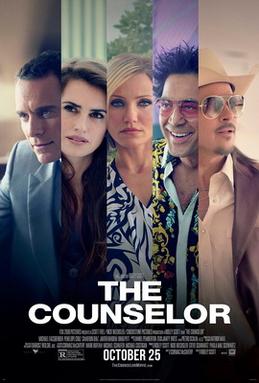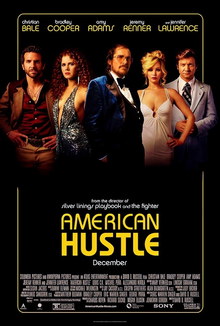I think that this kind of nihilism, "it all means nothing", goes hand-in-hand with the kind of apocalypticism that I'm referring to. I believe that "meaning" is an essential component of human experience, and the finding or creating of meaning (via art) is a bedrock of human culture. It's the loss of meaning, the devaluing of meaning in our culture, that leads to the kind of cultural malaise that allows these world-negating fantasies to take root. It's the cultural equivalent of our opiate epidemic. We live in a very dispirited time, and maybe that shouldn't be ok. Maybe something's wrong that needs to be examined.
There have been a number of films which either misuse Shannon's particular talents or, maybe worse, turn them into a cheap gimmick. Take Shelter is his best performance, and I would recommend some earlier ones, like Bug (a really compelling conspiracy thriller) and Nichols' Shotgun Stories (a solid, well-written drama).
There have been a number of films which either misuse Shannon's particular talents or, maybe worse, turn them into a cheap gimmick. Take Shelter is his best performance, and I would recommend some earlier ones, like Bug (a really compelling conspiracy thriller) and Nichols' Shotgun Stories (a solid, well-written drama).
Where I have landed, and I feel like I have, is that there is nothing more or higher to it all. We live, we die... and that's ok. It's fine, it's good, actually. It's certainly enough. The beauty of the world is there and the joy of life is there and it is up to me to see it and feel it or not and I do. No magic, no mysticism, certainly no deities (that concept has come to be just completely ridiculous to me), just the life we have.
But the idea that that is nihilistic, despite the definition of nihilism, does not gel for me. I find tremendous joy in life and love all around me, pleasure to be found practically everywhere. Letting go of mysticism and spiritualism was actually the key step to peace and happiness in this life.
For me, no, there is no meaning, absolutely none, and the energy spent searching, hoping, wishing for it is folly and counterproductive. But there is no malaise from it. And I felt like that was where she got in Melancholia. She got there from a dark, sad place, but she got there just the same and she was the only one at peace, even smiling when the end came.
And I think I will watch Take Shelter then because, even having not seen that much of his work, I agree I think he is used almost gimically (new word!) in the films I have seen him in. He's effective at it all, but I leave feeling like that's what he does.






